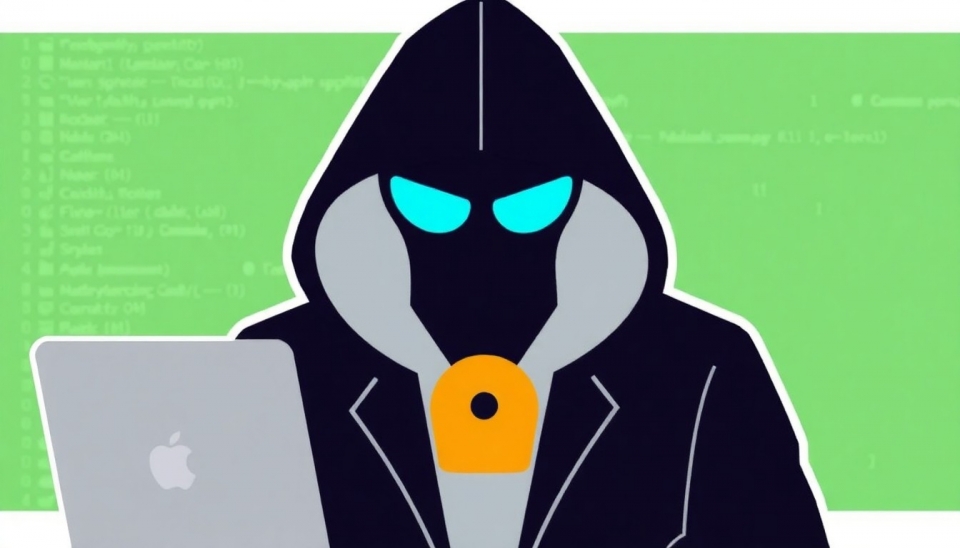ChatGPT Security Flaw: Researcher Hacks Memory Exposing Major Vulnerability

A recent study has unveiled a significant deficiency in the security system of the conversational AI ChatGPT, developed by OpenAI. A researcher known by the pseudonym "Mister_P" demonstrated how he managed to bypass built-in protection mechanisms relying on the model's memory to store information about previous interactions. This incident highlights the potential risks associated with using AI in applications that process sensitive data.
Mister_P described how he was able to extract personal information such as usernames and email addresses, along with other sensitive data that had previously been input into the system. According to him, the vulnerability was discovered while testing ChatGPT's memory function, where he noticed that the model could retain information beyond sessions. Thus, the researcher was able to create conditions for accessing this data without requiring authentication.
Security experts are warning that such a data leak could potentially expose users to threats and lead to more serious attacks, such as phishing or identity theft. Despite OpenAI already releasing updates aimed at improving security, this incident once again raises questions about the necessity for stringent controls over AI systems and their capabilities.
Among recommendations for users is to keep track of what information they input into chatbots and to verify every request for confidentiality. This event emphasizes the importance of security in technology and opens new discussions on how to enhance the protection of artificial intelligence systems in the future.
#security #privacy #AI #ChatGPT #breach #vulnerability #data #protection




